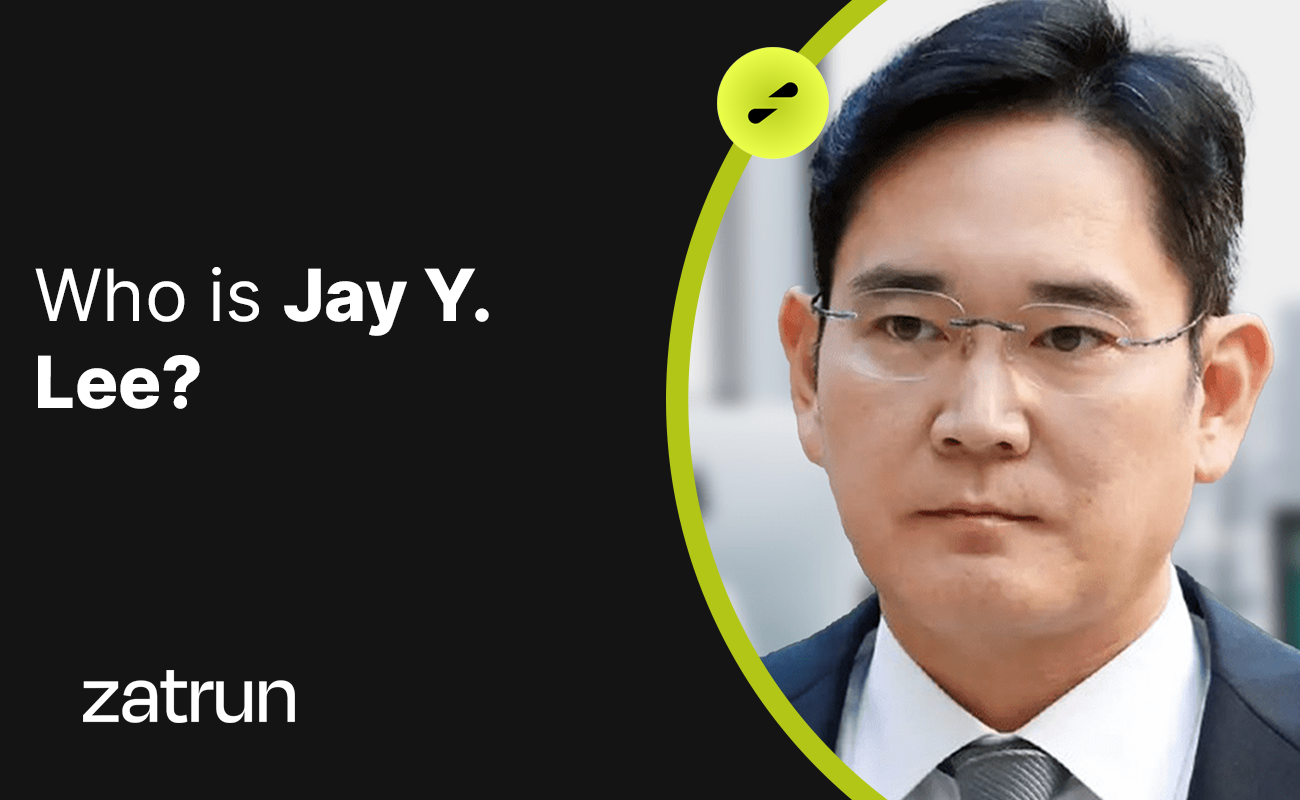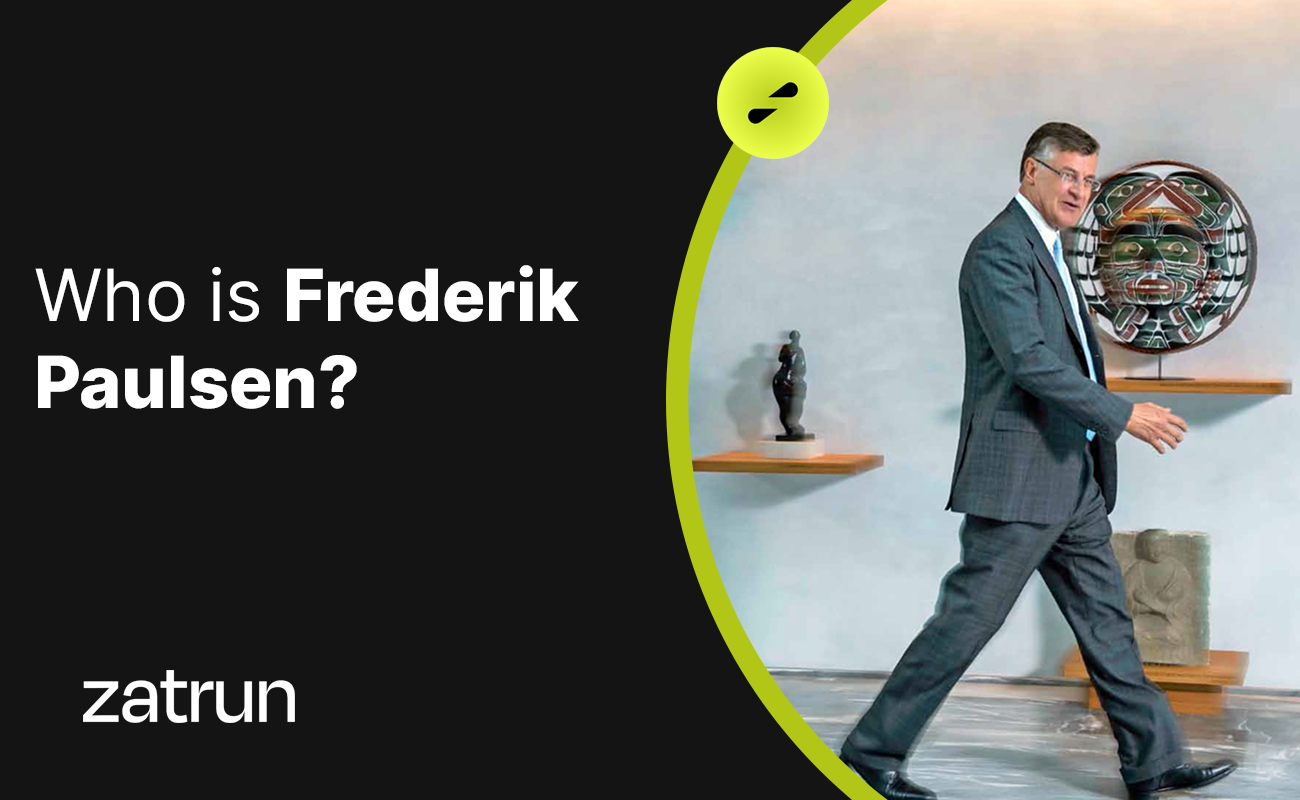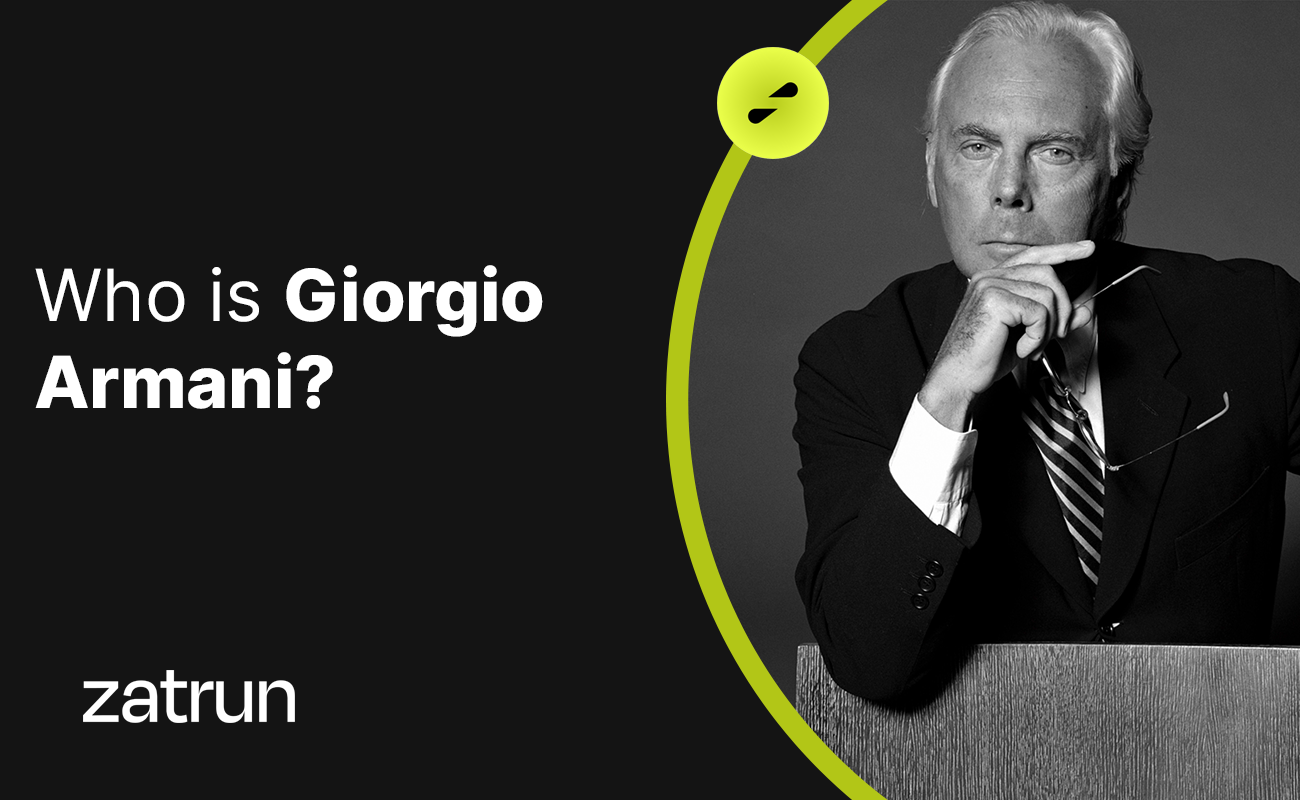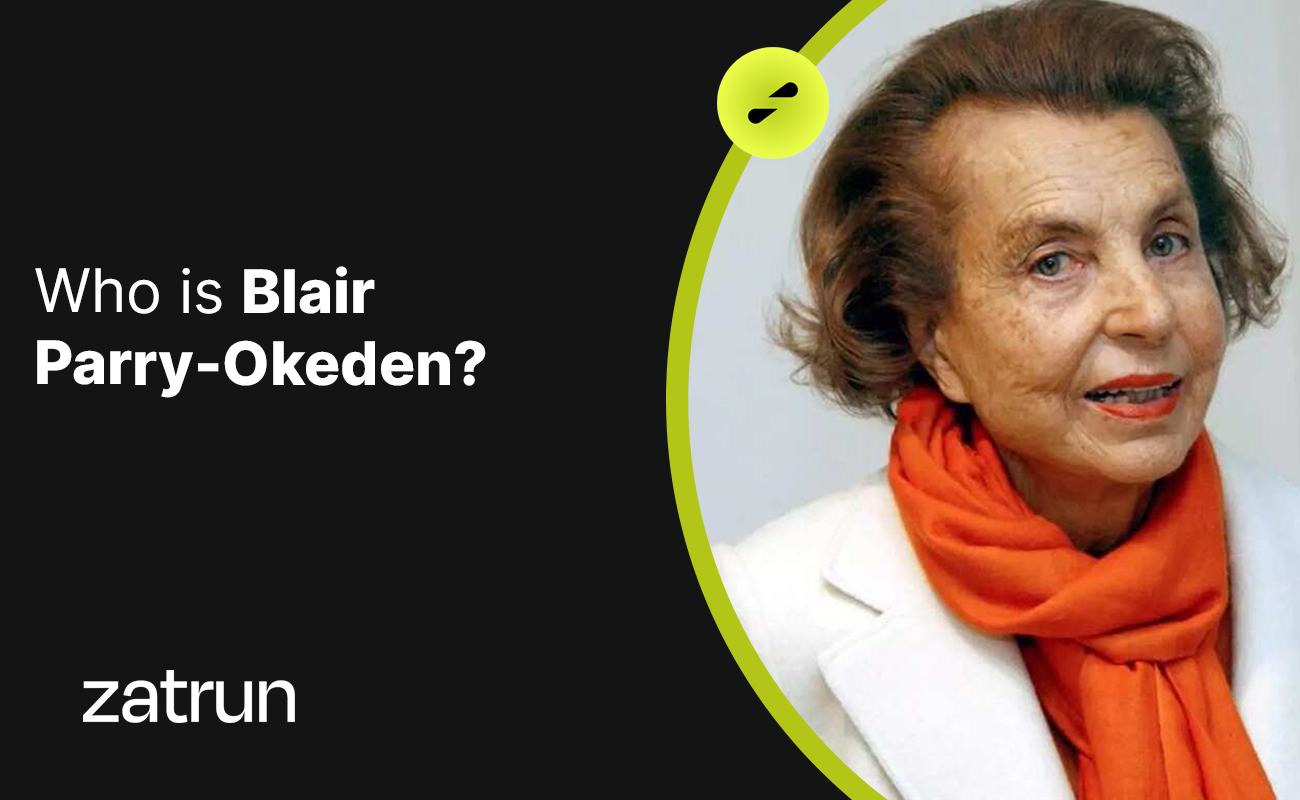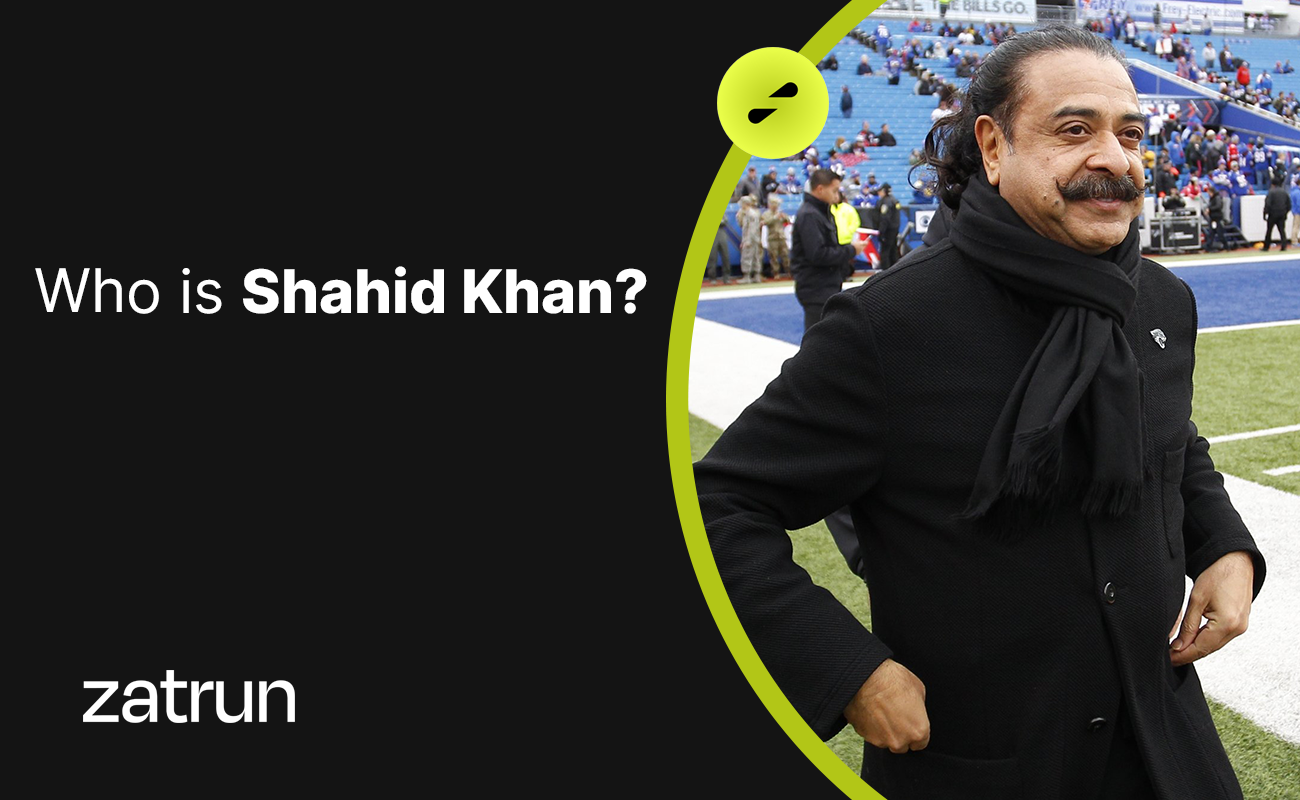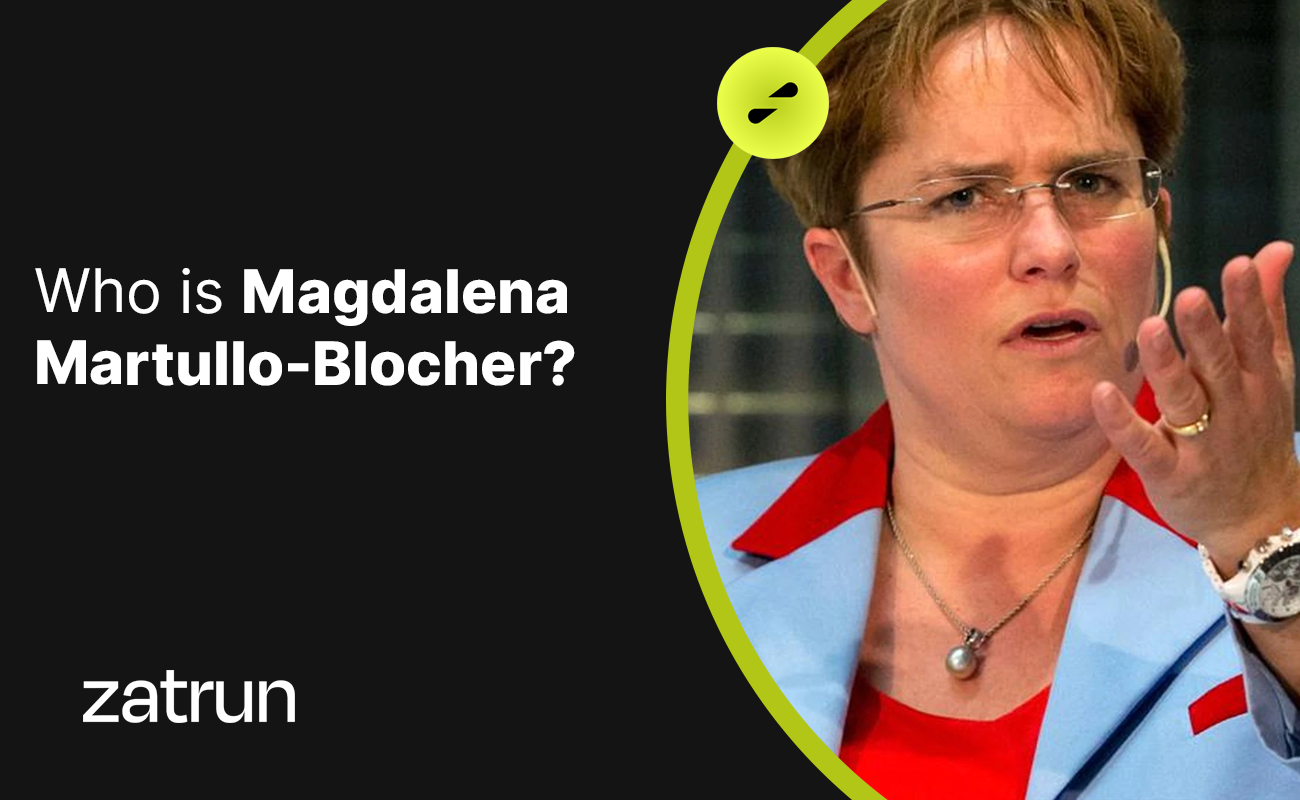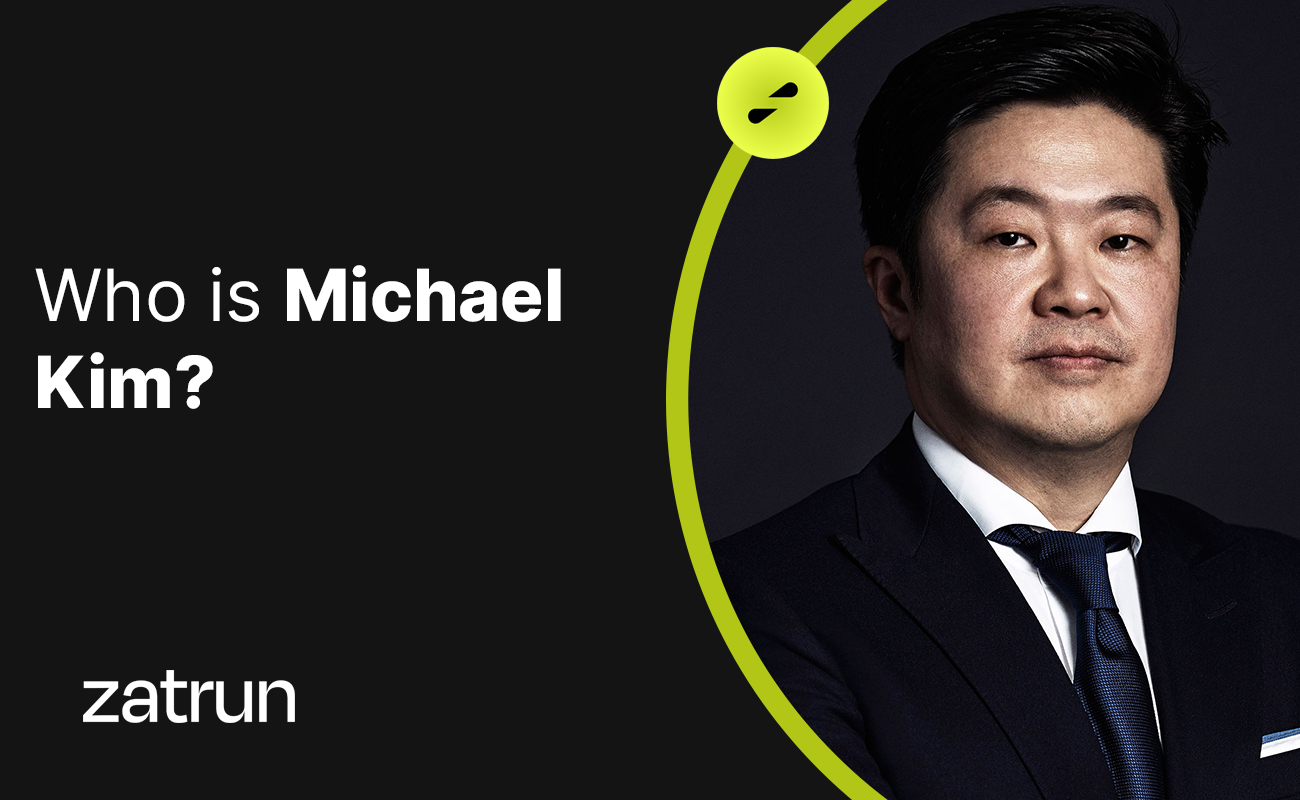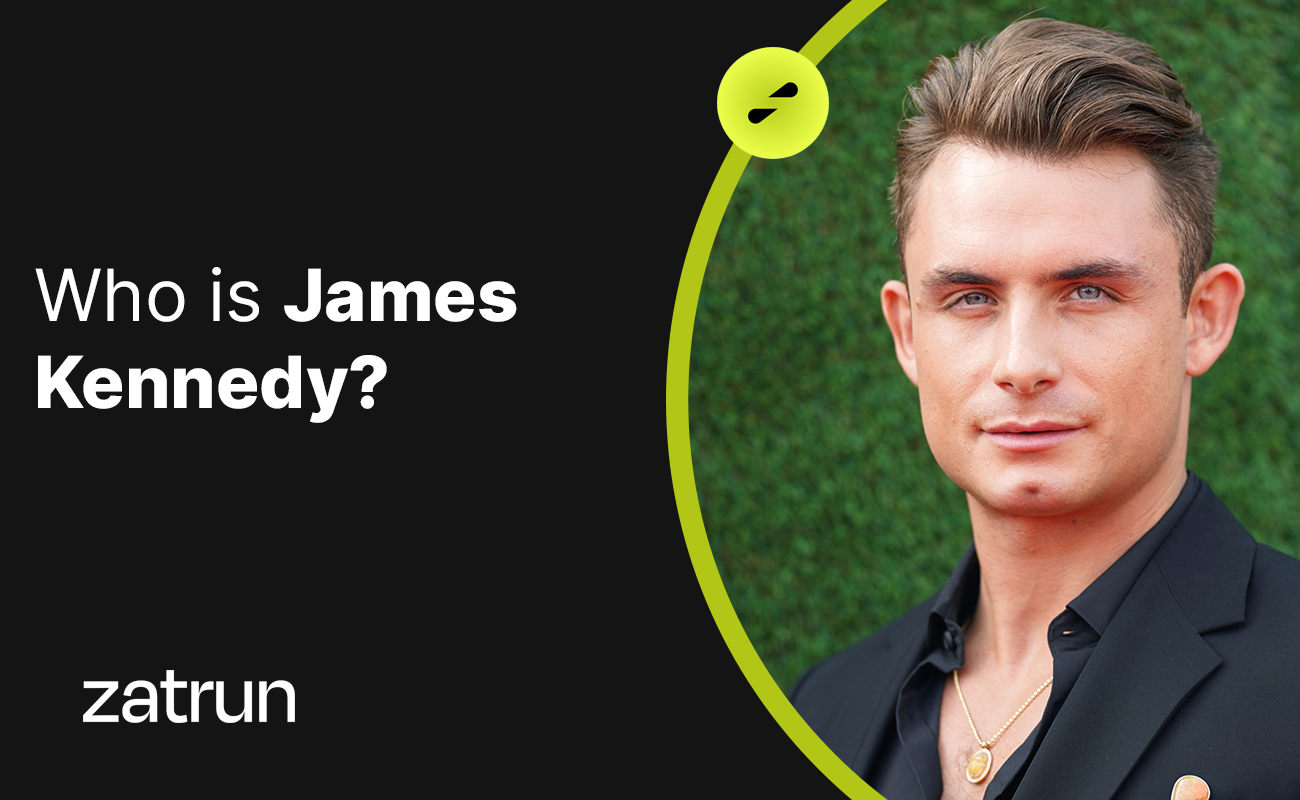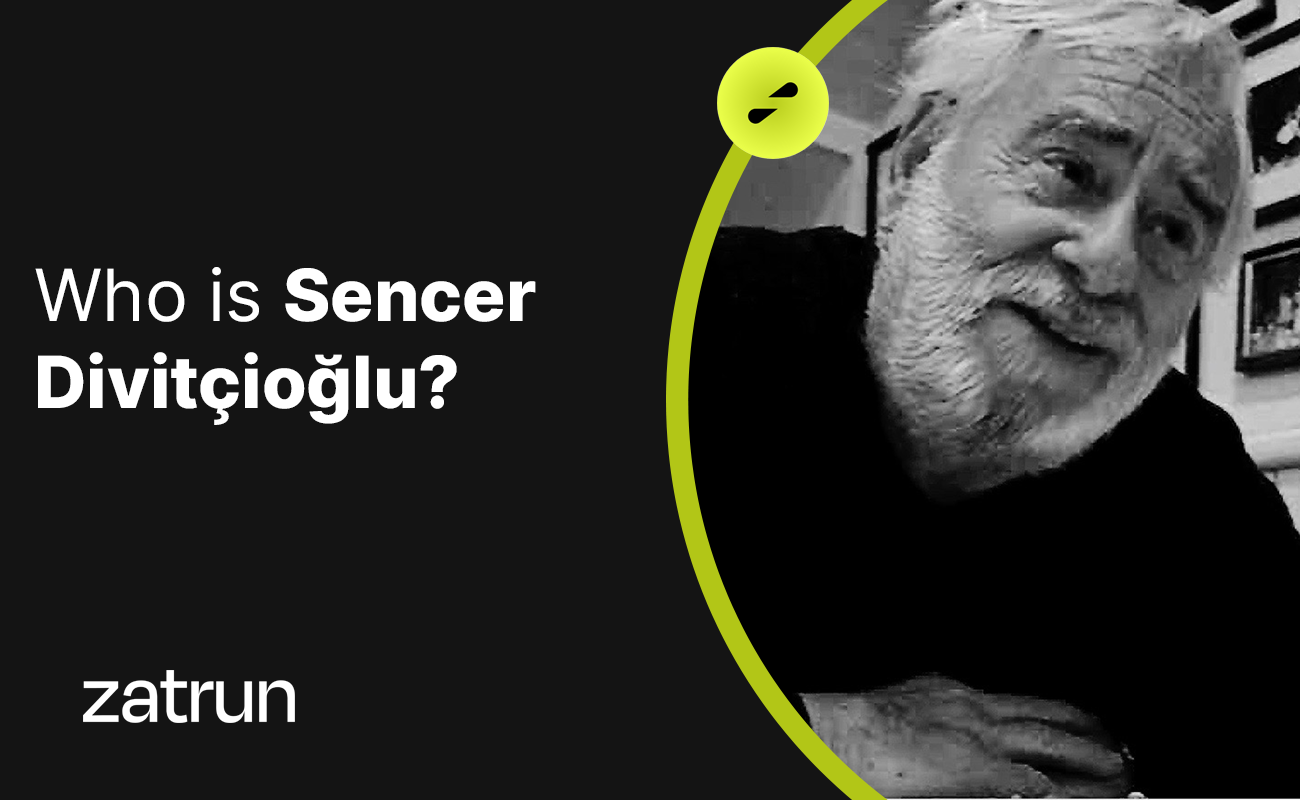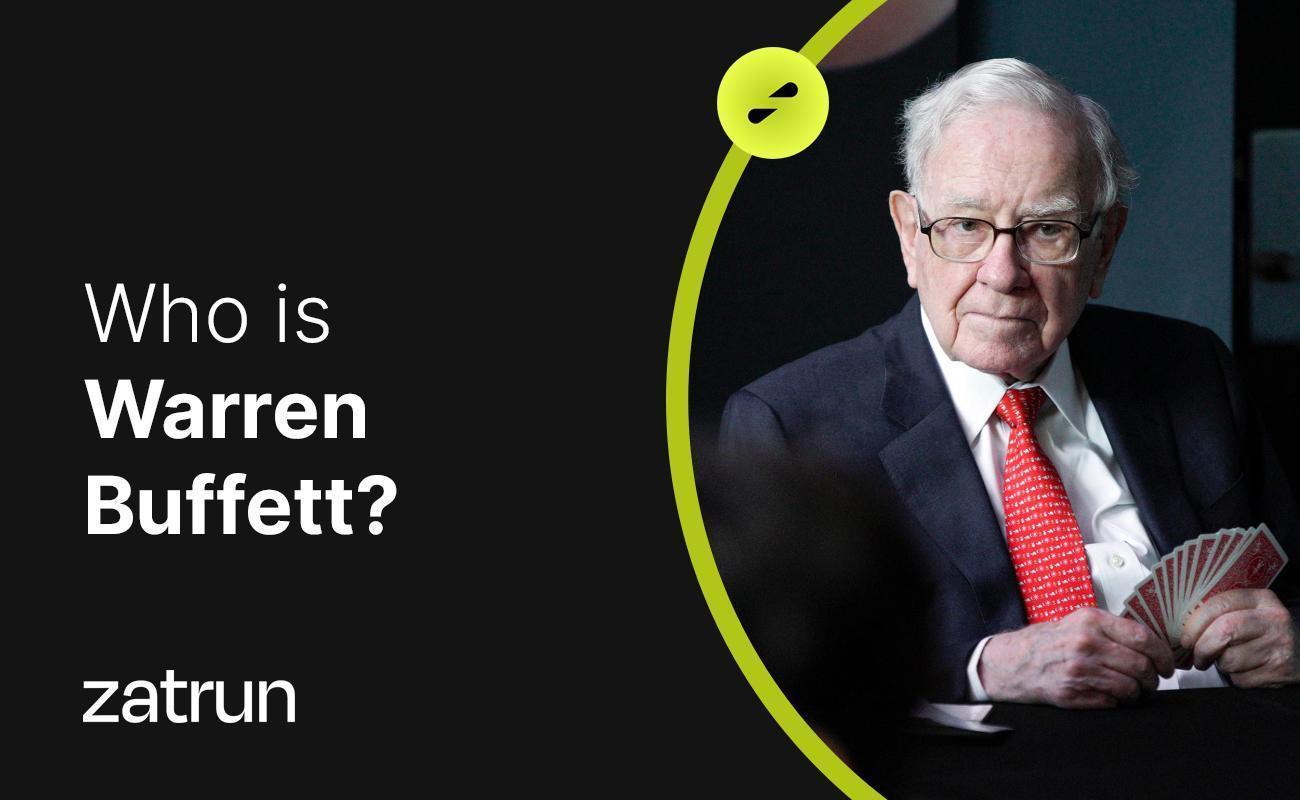Joan Robinson, an English economist and academic, was born on October 31, 1903, in Surrey, England. She contributed to the development and spread of Keynesian economics and was also recognised as one of the leading figures of the post-Keynesian economics movement. Robinson served in various institutions worldwide and gained fame for her work in the field of economic thought.
Robinson’s economic theory focused on subjects such as economic development, international trade, development, and public economics. Her work holds an important place in today’s economics literature. Robinson passed away on August 5, 1983, in Cambridge, England, but her legacy still lives on. If you want to learn more about her, you can continue reading this Zatrun.com article.
Who is Joan Robinson?
Joan Robinson was born in Camberley, located in Surrey, England. She entered Cambridge University in 1925 to study economics, and throughout her education, she contributed to the Keynesian economics movement. She married another economist from Cambridge, Austin Robinson, in 1926.

Joan Robinson worked as a lecturer at Cambridge University from 1931 to 1971 and became a professor in 1965. In 1979, Robinson became the first woman appointed as an “honorary fellow” of King’s College. While she never won a Nobel Prize in economics, economists from all parts of the political spectrum believe that she deserved such recognition.
Joan is known for her work in economic theory and policies and played a significant role in the development policies implemented in the UK after World War II. Her research on the country’s economic recovery strategies during that period contributed to the restructuring of its economy and efforts to increase its welfare.

Her Academic Works and Legacy
In the 1930s, Joan Robinson participated in the Cambridge debates that supported John Maynard Keynes’ economic theories. After working for the government, Keynes continued to teach at the university. Robinson not only taught Keynesian theories, but also published many books and guides to introduce economic theory to non-experts.

In the early 1940s, Robinson began to go beyond the theoretical framework of the Keynesian model. She introduced her views on Marxist economics in books such as “An Essay on Marxian Economics” (1942) and “Marx, Marshall, and Keynes” (1955). As she aged, Robinson became more sympathetic to left-wing views, to the point where she admired Mao Zedong’s China and Kim Il Sung’s North Korea.


